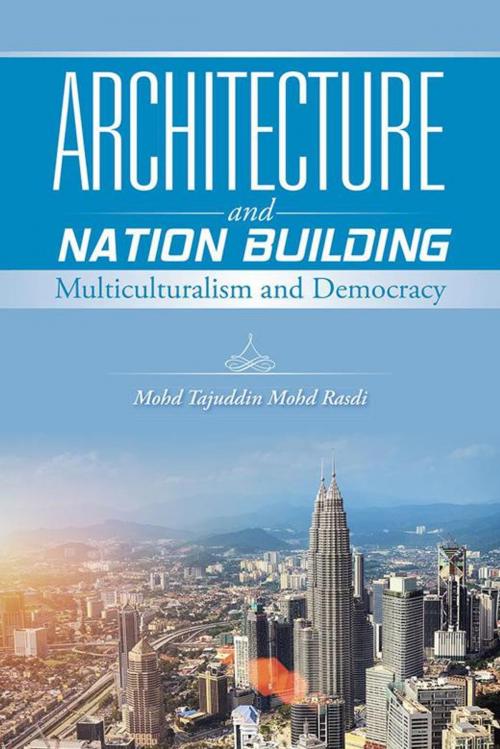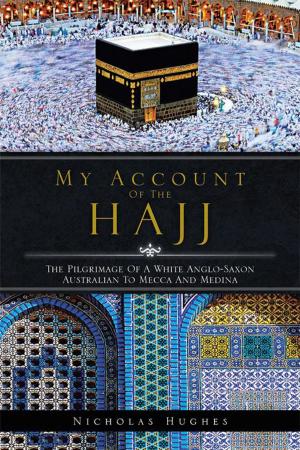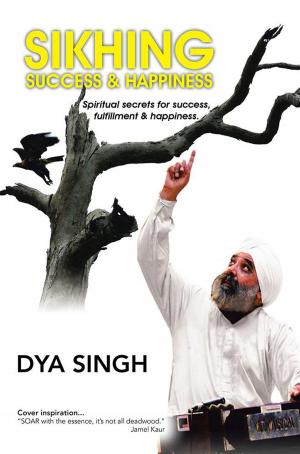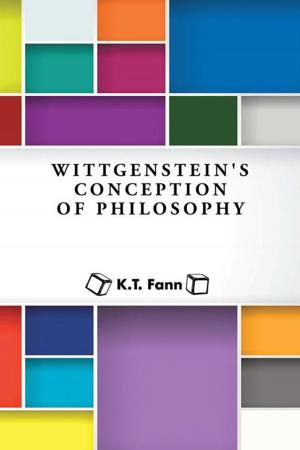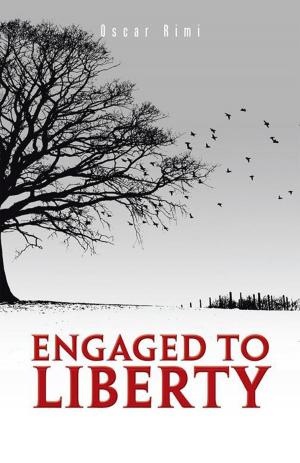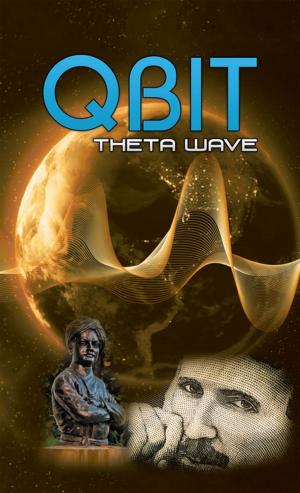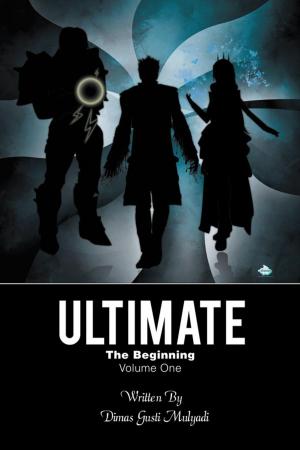Architecture and Nation Building
Multiculturalism and Democracy
Nonfiction, Art & Architecture, General Art| Author: | Mohd Tajuddin Mohd Rasdi | ISBN: | 9781482831696 |
| Publisher: | Partridge Publishing Singapore | Publication: | September 18, 2015 |
| Imprint: | Partridge Publishing Singapore | Language: | English |
| Author: | Mohd Tajuddin Mohd Rasdi |
| ISBN: | 9781482831696 |
| Publisher: | Partridge Publishing Singapore |
| Publication: | September 18, 2015 |
| Imprint: | Partridge Publishing Singapore |
| Language: | English |
The book outlines firstly how architects must not ignore the values and rituals of the modern society that is strongly rooted in the traditional and religious beliefs of their race and culture. The modern rituals of the society interpreted within a democratic framework as well as the forces of economy will give many new ideas for spaces and forms to the designers who are concerned about building a nation through the design of structures and buildings. This book provides a more progressive outlook on how architecture can be creatively and meaningfully interpreted to provide the nation with a new and exciting useful architecture and an element that can be taken pride of by all the cultures of the citizenry. The first section deals with the idea of the community and its values as it impinges upon the planning and design of housing. The second section deals with relooking at how a national iconic symbol should be one that is inclusive and not exclusive of a single dominant culture. The third section presents a stirring criticism of clich Islamic architecture that is exclusive, regressive, and wasteful. The book outlines some new perspective that can be taken in order to initiate a total revamp of Islamic architecture more suited to a civilized and inclusive society. The fourth and final section presents new directions in the architecture of educational institutions that would emphasize the students more than the administration.
The book outlines firstly how architects must not ignore the values and rituals of the modern society that is strongly rooted in the traditional and religious beliefs of their race and culture. The modern rituals of the society interpreted within a democratic framework as well as the forces of economy will give many new ideas for spaces and forms to the designers who are concerned about building a nation through the design of structures and buildings. This book provides a more progressive outlook on how architecture can be creatively and meaningfully interpreted to provide the nation with a new and exciting useful architecture and an element that can be taken pride of by all the cultures of the citizenry. The first section deals with the idea of the community and its values as it impinges upon the planning and design of housing. The second section deals with relooking at how a national iconic symbol should be one that is inclusive and not exclusive of a single dominant culture. The third section presents a stirring criticism of clich Islamic architecture that is exclusive, regressive, and wasteful. The book outlines some new perspective that can be taken in order to initiate a total revamp of Islamic architecture more suited to a civilized and inclusive society. The fourth and final section presents new directions in the architecture of educational institutions that would emphasize the students more than the administration.
